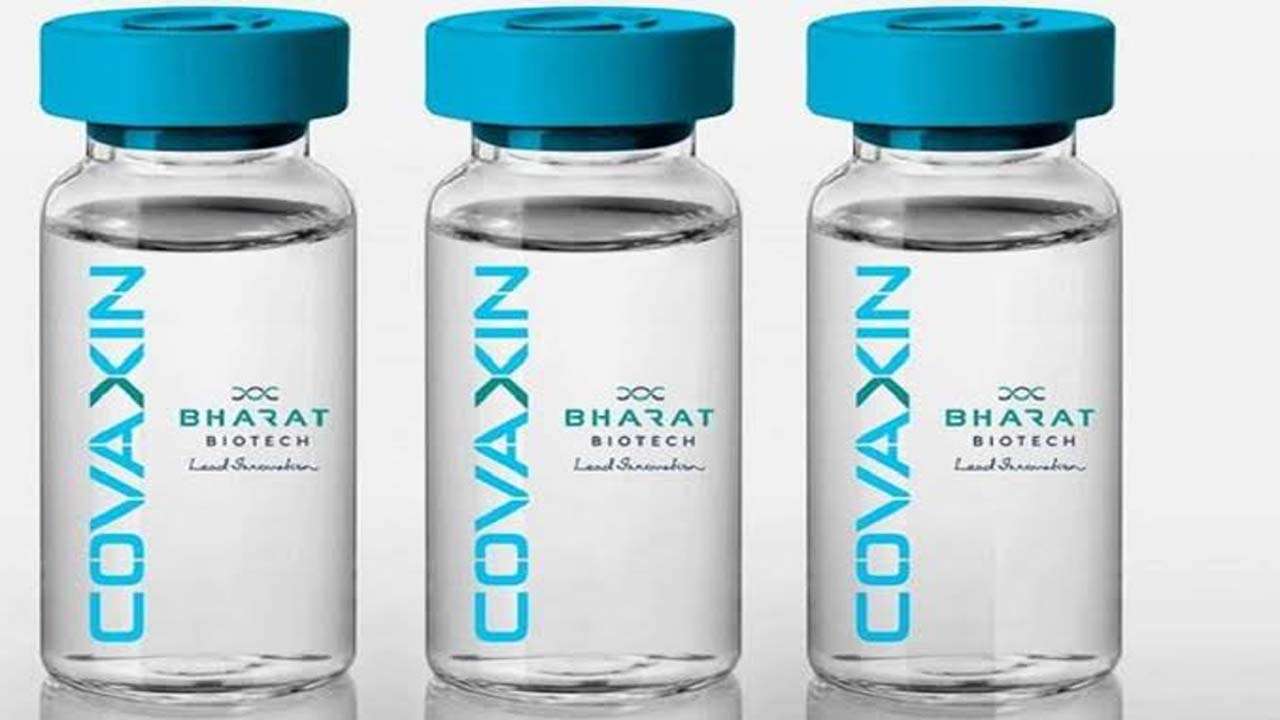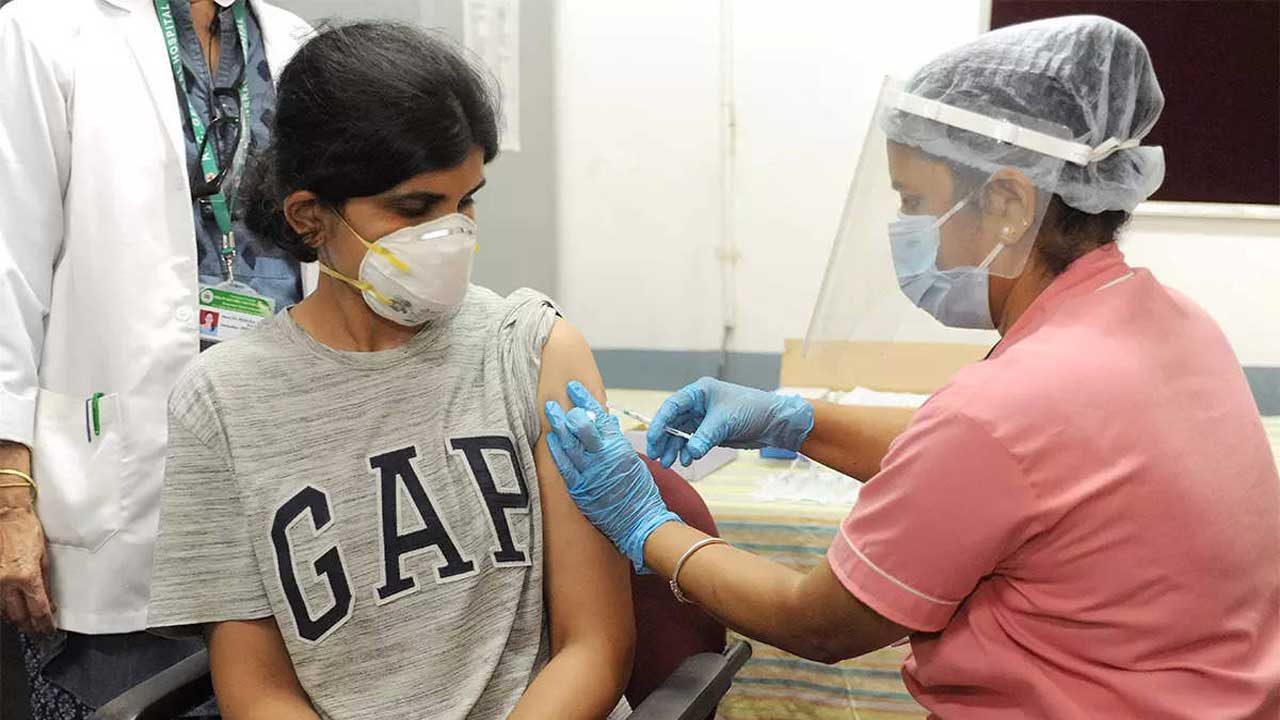Cynata Therapeutics Limited (ASX: “CYP”, “Cynata”, or the “Company”), a clinical-stage biotechnology company specializing in cell therapeutics, is pleased to announce that the Phase 3 SCUlpTOR (“Stem Cells as a symptom- and strUcture-modifying Treatment for medial tibiofemoral OsteoaRthritis”) Trial of CYP-004, Cynata’s Cymerus™ mesenchymal stem cell (MSC) product for osteoarthritis, has now commenced.
This trial is sponsored by the University of Sydney and funded by an Australian Government National Health and Medical Research Council (NHMRC) competitive Project Grant. The trial will take place at study centers in Sydney and Tasmania and subject treatment will commence with an initial four patients from the University’s volunteers' database, who will be assessed for four weeks before the study opens for enrolment more widely.
As no additional volunteers are being sought at this time, patients who are interested in participating in the trial should wait until wider enrolment commences before contacting study centers, which is expected to happen early in 2021. The aim of the trial is to assess the effect of Cymerus MSCs compared to placebo on clinical outcomes and knee joint structure over a two-year period, in 440 patients with osteoarthritis of the knee.
Professor David Hunter, Principal Investigator, said:
“There is no cure for osteoarthritis and current treatment options largely focus on alleviating pain, rather than modifying the course of the underlying disease. We are delighted to commence this trial, which is designed to evaluate the disease-modifying potential of Cymerus MSCs. We believe that it will be the largest randomized controlled trial of MSCs conducted in patients with osteoarthritis worldwide. Consequently, we anticipate that it will be an enormously influential trial, with the potential to inform clinical practice guidelines globally.”
Dr. Kilian Kelly, Cynata’s Chief Operating Officer, said:
“The commencement of the SCUlpTOR Trial is a very important achievement. This clinical trial aims to determine whether Cynata’s proprietary Cymerus MSC technology, which has been evaluated in a wide range of disease targets, including graft-versus-host disease (GvHD), sepsis, and respiratory diseases such as acute respiratory distress syndrome (ARDS), is active in the setting of knee osteoarthritis.
Our Cymerus technology uniquely enables the scalable manufacture of robust MSCs, without the substantial functional inconsistency that has been observed between MSC batches manufactured using conventional methods. We look forward to advancing this clinical trial to investigate the potential benefits our MSCs could have to treat osteoarthritis patients with this common and debilitating disease.”
A presentation is attached to this announcement and provides an overview of osteoarthritis including the opportunity, preclinical research, and clinical trial plans.
Phase 3 osteoarthritis trial sponsored by the University of Sydney
The trial is led by Professor David Hunter, who is the Florance and Cope Chair of Rheumatology and Professor of Medicine at the University of Sydney and has been Chief Investigator of numerous clinical trials in osteoarthritis. He has more than 500 publications in high-impact journals, including the New England Journal of Medicine, Journal of the American Medical Association, and British Medical Journal.
The research team also includes Professor Changhai Ding (University of Tasmania), Professor Stefan Lohmander (Lund University, Sweden), Dr. Rachel O'Connell (University of Sydney), and Dr. Xia Wang (University of Sydney), as well as numerous associate investigators.
About the Phase 3 Clinical Trial in Osteoarthritis (The SCUlpTOR trial)
The clinical trial entitled Stem Cells as a symptom- and strUcture-modifying Treatment for medial tibiofemoral OsteoaRthritis: a randomized placebo-controlled trial, is funded by an Australian Government NHMRC Project Grant, in addition to in-kind contributions from participating institutions. Cynata will supply Cymerus™ MSCs for use in the trial and will not be required to contribute any cash to fund the project.
The trial will be a randomized, double-blind placebo-controlled trial. Subject to the satisfactory completion of an initial phase of the study in four subjects who will be assessed for a period of four weeks (two who will receive placebo and two who will receive Cymerus MSCs), the trial will seek to enroll 440 patients with osteoarthritis of the knee. Participants will receive intra-articular injections of Cymerus MSCs or placebo on three occasions over a period of 1 year and will be followed up for a total of two years from enrolment.
The co-primary endpoints are: (i) the proportion of participants achieving patient-acceptable symptom state (PASS) for knee pain at 24 months; and (ii) central medial femorotibial (cMFT) cartilage loss from baseline to 24 months. Secondary outcome measures will include assessments of pain, other symptoms, physical function, quality of life.
About Cynata Therapeutics (ASX: CYP)
Cynata Therapeutics Limited (ASX: CYP) is an Australian clinical-stage stem cell and regenerative medicine company focused on the development of therapies based on Cymerus™, a proprietary therapeutic stem cell platform technology. Cymerus™ overcomes the challenges of other production methods by using induced pluripotent stem cells (iPSCs) and a precursor cell is known as mesenchymoangioblast (MCA) to achieve economic manufacture of cell therapy products, including mesenchymal stem cells (MSCs), at commercial scale without the limitation of multiple donors.
Cynata’s lead product candidate CYP-001 met all clinical endpoints and demonstrated positive safety and efficacy data for the treatment of steroid-resistant acute graft-versus-host disease (GvHD) in a Phase 1 trial. Cynata plans to advance its Cymerus™ MSCs into Phase 2 trials for severe complications arising from COVID-19, GvHD, and critical limb ischemia and a Phase 3 trial in osteoarthritis. In addition, Cynata has demonstrated the utility of its Cymerus™ MSC technology in preclinical models of asthma, diabetic wounds, heart attack, sepsis, acute respiratory distress syndrome (ARDS), and cytokine release syndrome.

 Cynata Therapeutics announces that the Phase 3 Osteoarthritis Clinical Trial..
Cynata Therapeutics announces that the Phase 3 Osteoarthritis Clinical Trial..




.png)














.jpeg)






.jpg)




.jpg)





.jpeg)
